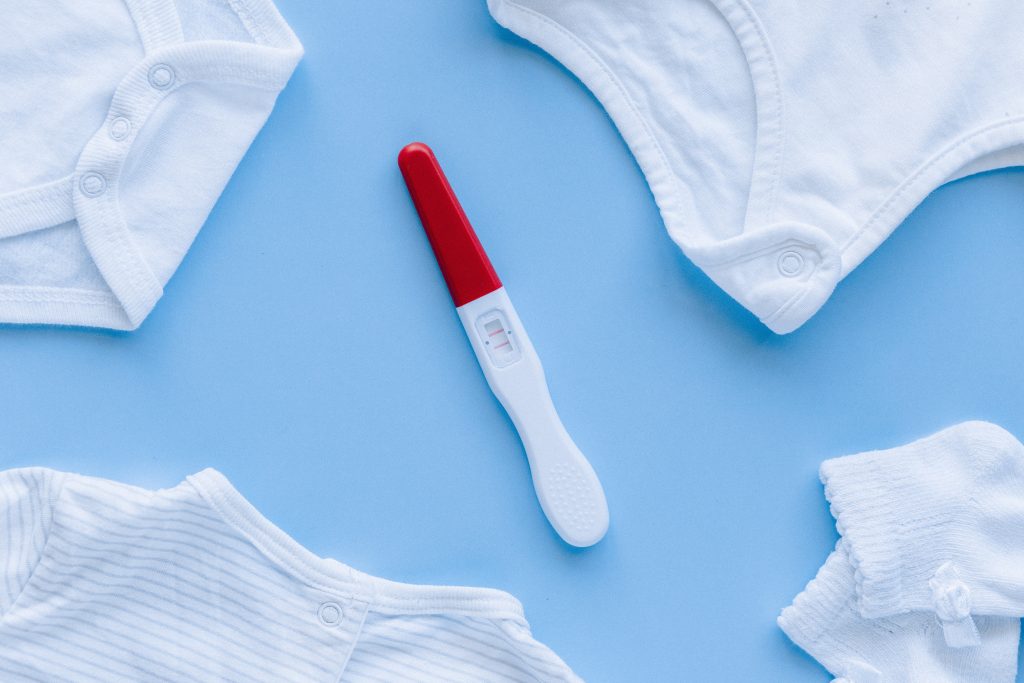
Maintaining a healthy diet during pregnancy is crucial to ensure the well-being of both the mother and the developing baby. Here are some essential nutrients you need for a healthy pregnancy:
- Folic Acid (Folate): Folate is crucial for neural tube development in the early stages of pregnancy. It helps prevent birth defects of the baby’s brain and spine. Foods rich in folate include leafy green vegetables, beans, fortified cereals, and citrus fruits. In some cases, doctors may recommend a folic acid supplement.
- Iron: Iron is essential for the production of red blood cells, which transport oxygen to the baby and the mother’s organs. Pregnant women often need more iron to support increased blood volume. Good sources of iron include lean meats, poultry, fish, beans, and fortified cereals.
- Calcium: Calcium is essential for the development of the baby’s bones and teeth. It also helps maintain the mother’s bone health. Dairy products, fortified plant-based milk, leafy greens, and almonds are excellent sources of calcium.
- Protein: Protein is necessary for the growth and development of the baby’s organs, muscles, and tissues. Good sources of protein include lean meats, poultry, fish, eggs, dairy products, beans, and tofu.
- Omega-3 Fatty Acids: Omega-3 fatty acids, particularly DHA (docosahexaenoic acid), are crucial for the development of the baby’s brain and eyes. Fatty fish like salmon, trout, and sardines are rich in omega-3s. You can also find them in flaxseeds, chia seeds, and walnuts.
- Iodine: Iodine is essential for thyroid function and the development of the baby’s brain and nervous system. Good sources of iodine include iodized salt, seafood, dairy products, and seaweed.
- Vitamin D: Vitamin D helps the body absorb calcium and is necessary for bone development. It can be obtained from sunlight exposure, fortified foods like milk, and supplements as recommended by your healthcare provider.
- Vitamin C: Vitamin C supports the body’s immune system and helps with the absorption of iron. Citrus fruits, strawberries, bell peppers, and broccoli are excellent sources of vitamin C.
- Vitamin A: Vitamin A is important for the development of the baby’s eyes, skin, and immune system. You can get vitamin A from foods like sweet potatoes, carrots, spinach, and eggs.
- Fiber: Fiber helps prevent constipation, a common issue during pregnancy. Whole grains, fruits, vegetables, and legumes are high in fiber.
- Fluids: Staying hydrated is essential during pregnancy. Water, herbal teas, and natural fruit juices can help you meet your fluid needs.
- Folate: Folate is essential for proper brain and spine development in the early stages of pregnancy. Leafy greens, lentils, and fortified cereals are good sources.
Remember that every pregnancy is unique, and individual dietary needs may vary. It’s essential to consult with your healthcare provider or a registered dietitian to create a personalized pregnancy diet plan that meets your specific requirements. They can also help you address any dietary restrictions or concerns you may have during this special time.

Comments